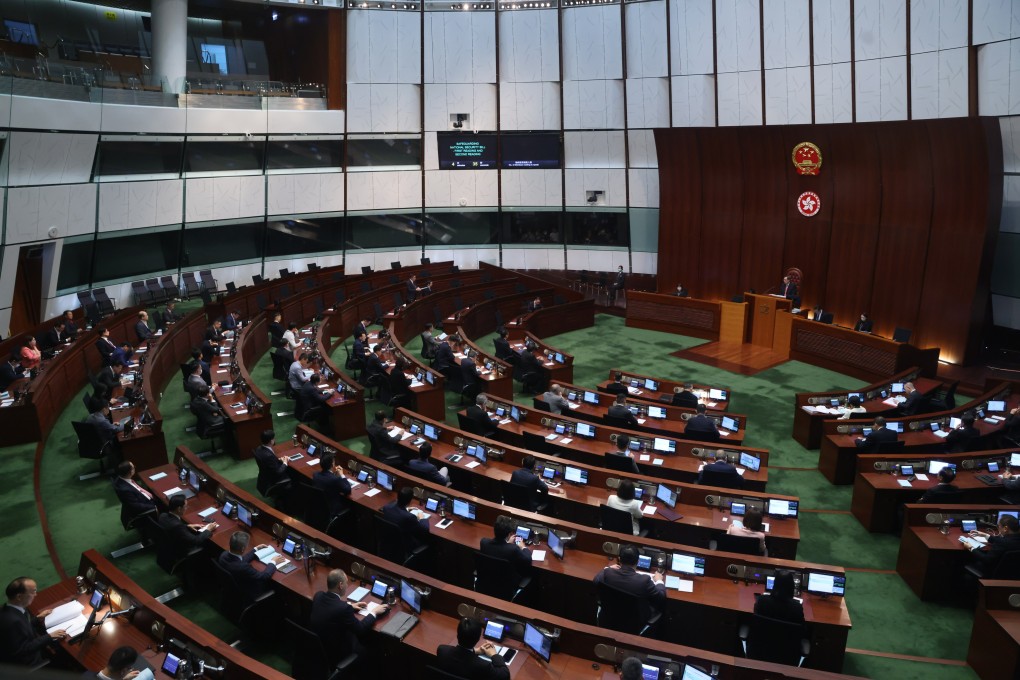10 things you will want to learn about Hong Kong’s new Article 23 legislation and how it may affect you
- Maximum penalties under the 212-page bill range from three months for small offences to life imprisonment for bigger crimes like treason, insurrection
- ‘Relevant absconders’ may face sanctions, such as having their Hong Kong SAR passports cancelled, losing all permissions, registrations necessary for business or employment

Hong Kong’s Legislative Council began scrutinising a full draft of the Safeguarding National Security Bill that the government published early Friday.
The 212-page legislative bill has often been referred to as Article 23 legislation as its mandate is based on that section of Hong Kong’s mini-constitution, the Basic Law.
It is likely to be passed within weeks by Legco, a legislature now led by “patriots” under changed governing rules of recent years.
Once passed, the new law will be in force alongside the Beijing-decreed national security law imposed in 2020.
Much of the contents of the bill was covered in a consultation document issued earlier but the proposed law now contains penalties and specifies in greater detail the offences.
Here are the 10 things you should know about the bill.
1. 39 offences and wide range of penalties
The proposed legislation spans 39 crimes covering broadly five types of offences as highlighted in the consultation paper: treason; insurrection, incitement to mutiny and disaffection, and acts with seditious intention; sabotage; external interference; and theft of state secrets and espionage.